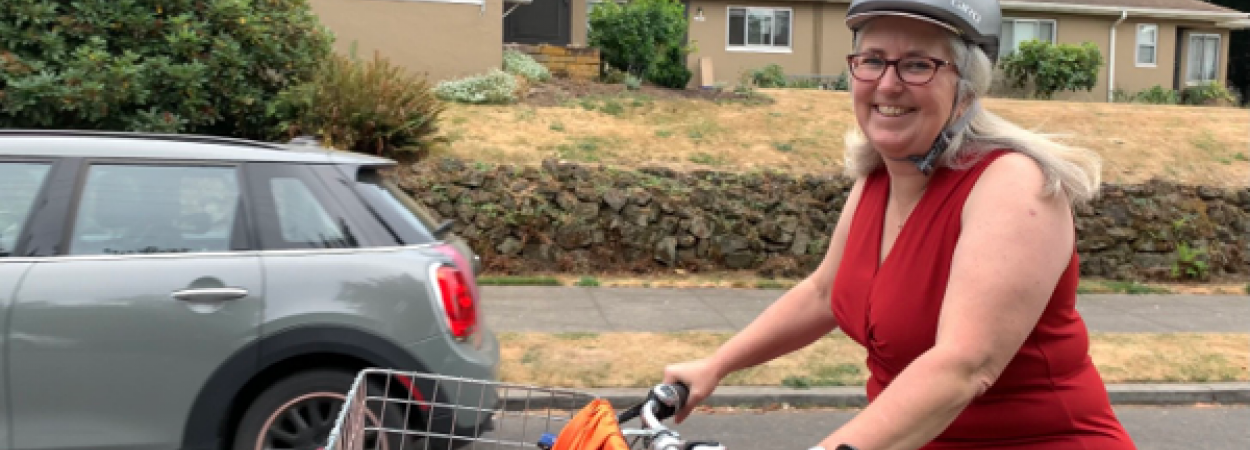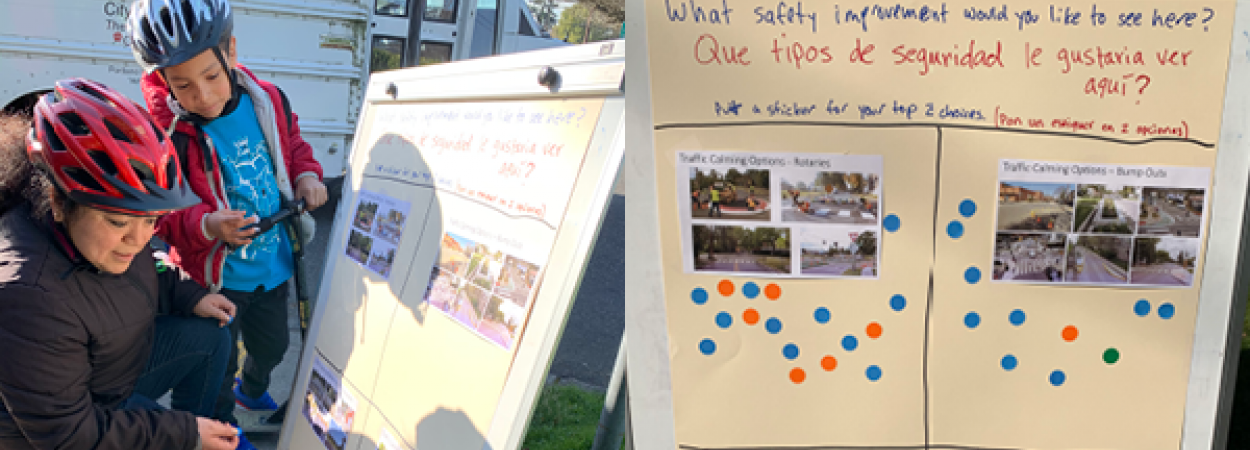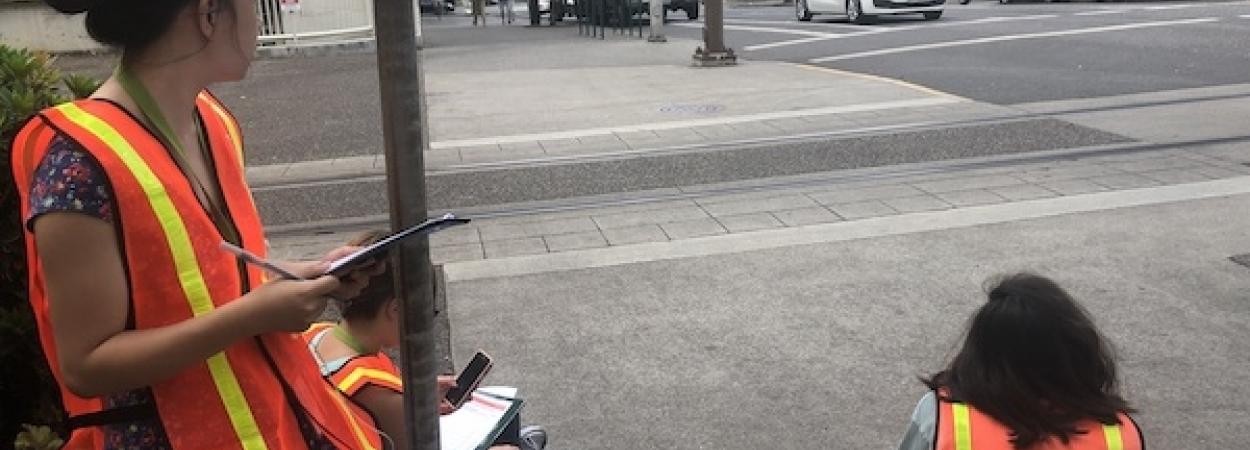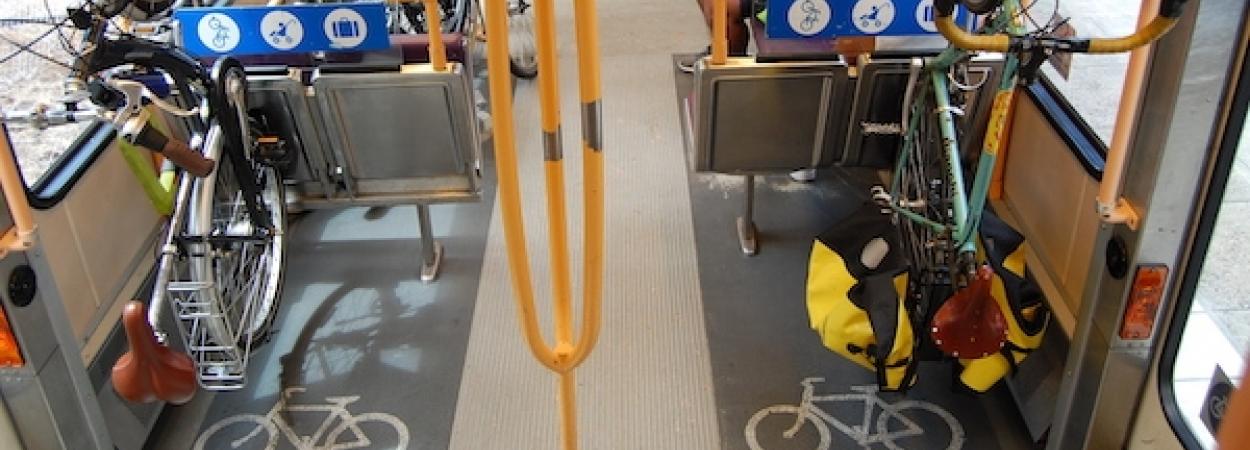 |  |  |

See the full, original article "PSU Announces Recipients of Prestigious University Research and Mentoring Awards", authored by Shaun McGillis, Research and Graduate Studies, PSU. Below is an excerpt:
Portland State University announces the 2021 awards for excellence for research, graduate mentoring and research administration. The awards are among the university's highest honors. They recognize and incentivize PSU faculty and staff excellence in research, scholarship, artistry and dedication to PSU students.
Recipients of the awards are some of the most dynamic faculty and staff members at PSU. Colleagues submit nominations; a jury of peers selects awardees based…
Read More
Since 2013, local transportation activist group Better Block PDX has developed partnerships with organizations across the Portland Metro area. Most notable were the connections that emerged between the communities’ needs for creative transportation solutions and the expertise of Portland State University (PSU) transportation students.
That collaboration evolved into Better Block PSU, a pathway program led by PSU’s Transportation Research and Education Center that integrates tactical urbanism and placemaking into the engineering and planning curriculum at PSU. Most recently we shared an update on Re-Imagining a Safer Route to the César Chávez School, which advanced to the Spring 2021 engineering capstone.
We’re excited to announce the latest projects to have been accepted into the Better Block PSU pathwa…
Read More
We've just published a brand new set of four "How Walkable is Your Neighborhood?" education modules for high school students (download here)!
The modules, which can be taught in sequence or as standalone lessons, provide students with creative ways of observing transportation systems in their neighborhoods through collecting pedestrian data, critically evaluating accessibility, and learning about livable communities. Students will gain a deeper understanding of how people move through their community, and whether the transportation in their community is designed with the needs of all people in mind.
This curriculum was originally developed for the National Summer Transportation Institute (NSTI) - a STEM-focused transportation summer camp for high school students. In 2020, when the camps were…
Read More
In June 2019, the City of Portland Bureau of Transportation (PBOT) launched a new incentive package aimed at making transportation more accessible for low-income households. In the "Transportation Wallet for Residents of Affordable Housing" pilot program, people living in affordable housing developments received access to free transportation options like transit passes, bike or scooter share memberships, rideshare and carshare credits.
Portland State University researchers evaluated the pilot program to find out how participants used the Transportation Wallet and how it helped them use different transport modes to get around.
A February 2021 paper in Transportation Research Record by Huijun Tan, Nathan McNeil, John MacArthur and Kelly Rodgers presents insights into the implementation and effectiveness of a transportation financial incentive program for low-income populations. Access…
Read More
Citing two TREC studies, Congressman Jimmy Panetta of the 20th District of California and Congressional Bike Caucus Chairman Earl Blumenauer of Oregon have introduced the Electric Bicycle Incentive Kickstart for the Environment (E-BIKE) Act to encourage the use of electric bicycles, or e-bikes.
The E-BIKE Act creates a consumer tax credit that:
The first TREC study referenced, The E-Bike Potential: How E-Bikes Can Improve Sustainable Transportation, f…
Read More